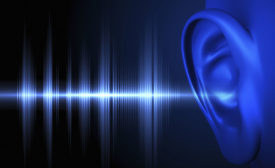Workplace Health
Heath and wellness
Workplace weight management lowers costs, improves quality of life
Program has benefits even for participants who don't lose weight
November 11, 2016
Never miss the latest news and trends driving the safety industry
eNewsletter | Website | eMagazine
JOIN TODAYCopyright ©2024. All Rights Reserved BNP Media.
Design, CMS, Hosting & Web Development :: ePublishing




